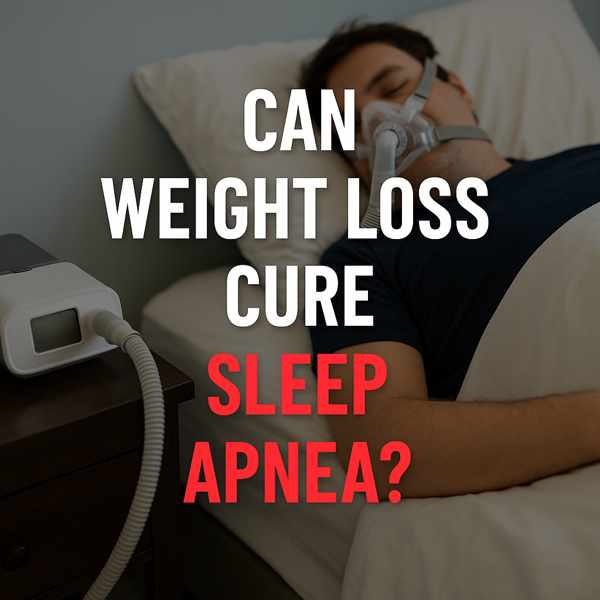
Many people with sleep apnea experience snoring, daytime fatigue, and health complications.
Let’s explore how shedding pounds can affect this sleep condition.
Understanding Sleep Apnea
Sleep apnea occurs when breathing repeatedly stops and starts during sleep.
Common symptoms include:
- Loud snoring
- Choking or gasping during sleep
- Excessive daytime tiredness
- Morning headaches or dry mouth
The Link Between Weight and Sleep Apnea
Fat deposits in the throat may narrow the airway, making it more likely to collapse.
Key risk factors include:
- High BMI (Body Mass Index)
- Fat around the neck and jawline
- Can contribute to airway collapse
Can Weight Loss Cure Sleep Apnea?
In many cases, losing weight can dramatically reduce or eliminate sleep apnea symptoms.
Possible benefits visit of weight loss:
- Improved nighttime breathing
- Better oxygen flow
- Less need for CPAP machines or surgery
- Feel more rested and alert
However, weight loss may not cure sleep apnea in all cases — especially if anatomical issues or severe OSA are present.
How Much Weight Loss Is Needed?
Even modest weight loss can have a big impact.
Tips:
- Focus on progress, not perfection
- Sustainable changes make a difference
- Notice snoring, energy, and daytime fatigue improvements
Natural Weight Loss Tips for Better Sleep
Effective strategies:
- Eat a balanced, whole-food diet
- Exercise regularly (cardio + strength)
- Sleep on your side
- Avoid alcohol and sedatives
Working with a nutritionist or sleep specialist can provide more personalized support.
When Weight Loss Isn't Enough
While weight loss is helpful, it may not fully resolve sleep apnea for everyone.
- CPAP therapy (Continuous Positive Airway Pressure)
- Custom-fitted mouthpieces to reposition jaw and tongue
- Surgery in severe cases
Is Weight Loss the Answer?
So, can weight loss cure sleep apnea? In many cases, it can help manage the condition.
Talk to your healthcare provider, make informed decisions, and take proactive steps toward better health and rest.